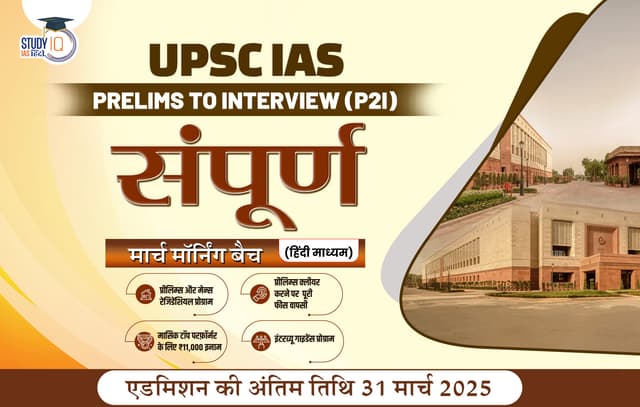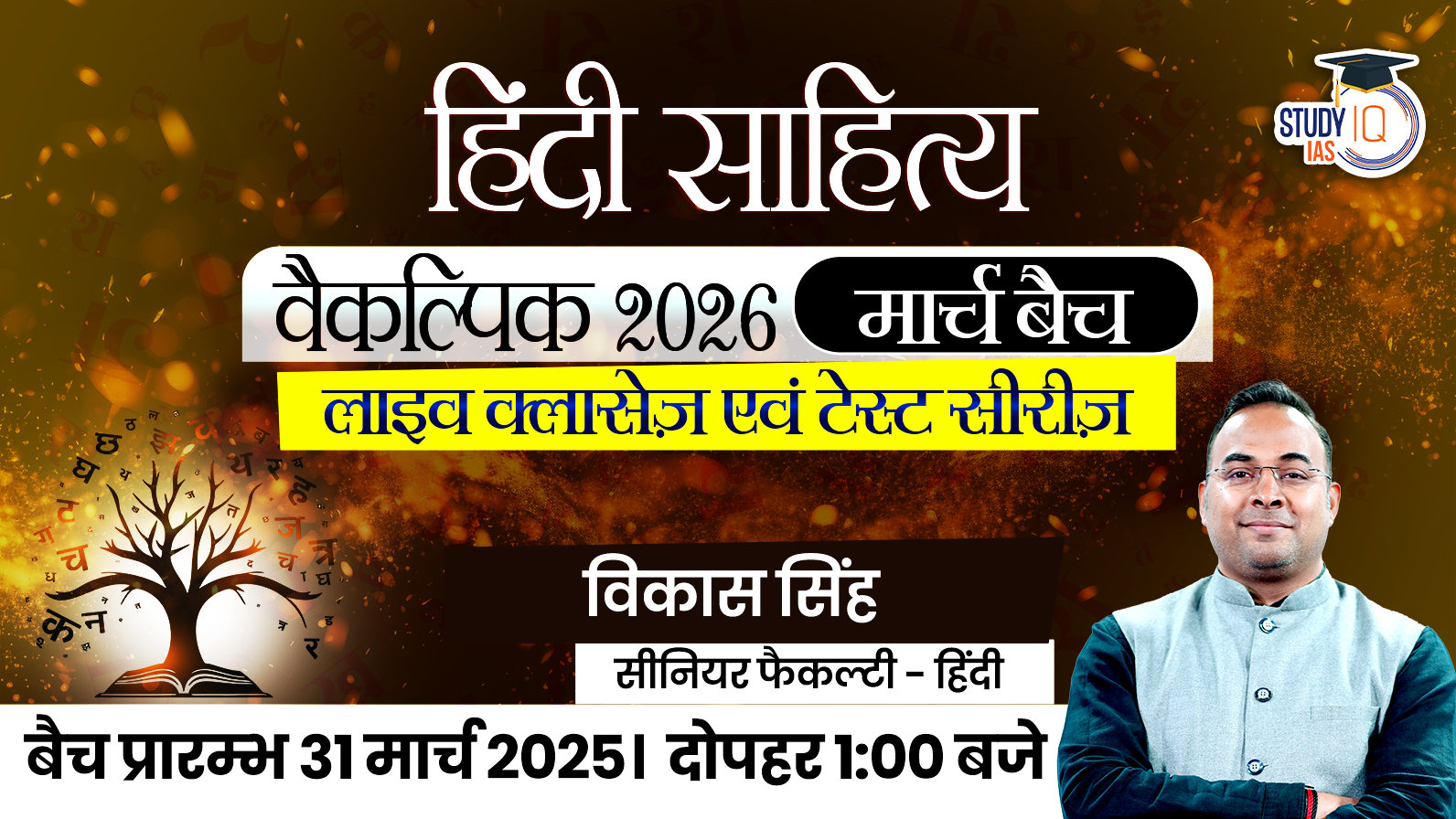Polity
-
President Droupadi Murmu Appoints New Governors for Five States
President Droupadi Murmu has reshuffled the leadership across five states, appointing two new governors and transferring three others. This strategic move aims to address political, administrative, and security challenges while strengthening governance. Here's a detailed breakdown of the appointments, their...
Last updated on January 3rd, 2025 03:30 pm -
List of Vice Presidents of India 1952-2025, Powers and Functions
The Vice President of India holds a significant position in the country's political structure, and the role has evolved. Serving as the second-highest constitutional office, the Vice President’s responsibilities go beyond ceremonial duties, playing an essential part in the country's...
Last updated on January 2nd, 2025 12:30 pm -
President of India from 1947 to 2025, Name, Tenure and Powers
The President of India is the head of state and the supreme commander of the Indian Armed Forces. Since the adoption of the Indian Constitution on January 26, 1950, the office of the President has played a crucial role in...
Last updated on December 28th, 2024 06:20 pm -
Hindu Marriage Act 1955, Salient Features, Important Sections
The Hindu Marriage Act governs marriages among Hindus, Buddhists, Jains, and Sikhs in India. It establishes legal procedures for solemnizing and registering marriages while defining the rights, duties, and grounds for divorce. This legislation plays a significant role in the...
Last updated on December 21st, 2024 02:26 pm -
National Human Rights Commission (NHRC), Functions, Chairman
Recently a high-power committee led by the Prime Minister met to select the next Chairperson of the National Human Rights Commission (NHRC). The post of Chairperson has been vacant since Justice (Retd) Arun Kumar Mishra completed his tenure in June...
Last updated on December 20th, 2024 05:52 pm -
BR Ambedkar Death Anniversary, Biography, Legacy, Contribution
Dr. Bhimrao Ramji Ambedkar, fondly known as Babasaheb Ambedkar, was one of the most influential leaders in Indian history. Known for his relentless fight against social discrimination and his role as the principal architect of the Indian Constitution, Dr. Ambedkar...
Last updated on December 19th, 2024 06:42 pm -
Cut Motions, Meaning, Types and Admissibility
In parliamentary procedures, a cut motion is a key legislative tool used by members of parliament to express discontent with the budgetary proposals presented by the government. Understanding cut motions is crucial for UPSC aspirants, as it is an important...
Last updated on December 14th, 2024 12:45 pm -
Pro-Tem Speaker of Lok Sabha, Key Features and Functions
Senior BJP MLA Kalidas Sulochana Kolambkar took oath as the pro tem Speaker of the Maharashtra Legislative Assembly. Who is Pro-Tem Speaker? A Pro Tem Speaker is a temporary presiding officer in the Legislative Assembly until a regular Speaker is...
Last updated on December 9th, 2024 05:35 pm -
Citizenship Amendment Act 2019 (CAA), Key Features and Amendment
The Citizenship Act of 1955, enacted by Parliament under Article 11, outlines the methods for acquiring and terminating citizenship in India. Citizenship Amendment Act 2019 India's long-debated Citizenship Amendment Act (CAA) was now operational, permitting non-Muslim migrants from neighboring nations...
Last updated on December 9th, 2024 05:00 pm -
Citizenship of India, Articles, Acquisition and Loss of Citizenship
Citizenship Meaning Citizenship is the connection between a person and the state. In India, there are two types of people: citizens and non-citizens (aliens). Citizens have full rights and owe loyalty to the country. Citizenship can be based on two...
Last updated on December 9th, 2024 04:50 pm






















